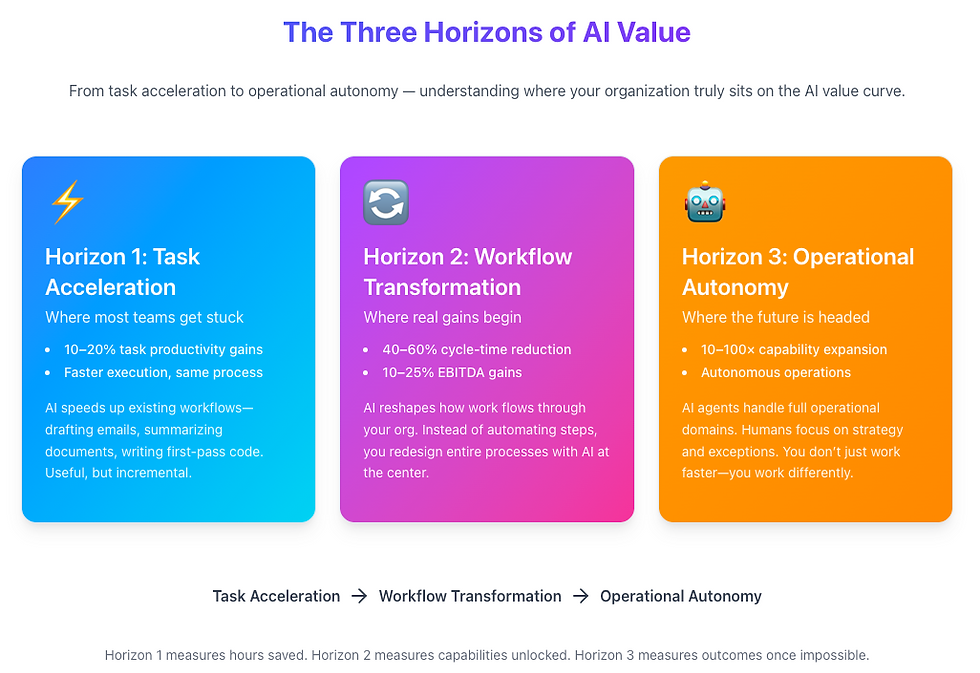Say Goodbye to Weak Passwords: How to Create Strong and Secure Passwords Every Time
- Arun Rao
- Oct 22, 2020
- 2 min read

Let me get this out at the outset: I have created bad passwords! I am guilty of not only using common words in my password, but I am also guilty of keeping them simple so I can remember them.
But that was back in the ’90s when our lives weren’t all online!
Today, everything from your email communications, to banking and stock trading — even your 401K is online. Your accounts are constantly under attack from malicious hackers and criminals every day. They are not only trying to get into your bank account and email, but also trying to lock your computers and threaten to erase everything or release sensitive data (ransomware).
Symantec Norton estimates that about 5,700 computers are infected by ransomware every day!
So, protecting yourself with strong passwords is no longer optional. Let’s get started with the basics: we all know that passwords should…
Be long (at least 8 characters) with a combination of upper case and lower case letters
Have at least 2 numbers
Have at least one special character
Not be basic words found in the dictionary
So, how do you make your passwords complex?
There are quite a few ways of making your passwords complex, and many sites that give you tips. Here are my top 3:
Keyboard Patterns
This is my favorite method to create a complex password. There are many different ways of using your keyboard to create and remember a new password — while keeping it hard to guess.

To make this method work for you, choose which direction (clockwise / counterclockwise, up / down and left / right), how many characters you will keep your “shift” key pressed and finally pick the last 2 random number or characters that you can remember.
If you cannot yourself remember that password without a keyboard in front of you, it is typically harder to hack!
Phrase Passwords
Pick a phrase you will remember like “quick brown fox jumped over the lazy dog”

Use the first letter of each of those words or a combination or words — I’d make (for instance) “quick brown fox” — replace the spaces with special characters and make first or last letters upper case: “quicK$Brown!Fox”
Now add some numbers to make “2quicK$Brown!Fox8”
Compound Word
Similar to the Phrase password, this technique uses 2 or more words which are not related — example one color and one animal with 2 or 3 number / character combination: Red and Pig becomes “reD&piG1#5”
2-factor authentication
Many of the most popular services (email, social media, cloud services and banks) give you the option to enable 2-factor authentication: this is an option that requires you to use your mobile or smartphone for receiving a text with a random number or sequence (or generating one) in addition to your password.
Some services that already provide that option include: Google, Facebook, Yahoo, Apple, Github and Amazon.
If your online provider gives you a 2-factor authentication option, I strongly suggest that you use these techniques along with that option.
And finally…
One last thing before I go: please don’t use any of the “example” passwords I have listed here in this article (for obvious reasons). And please don’t write your passwords down in your scrapbook or post-it notes.
Stay safe online!




Comments